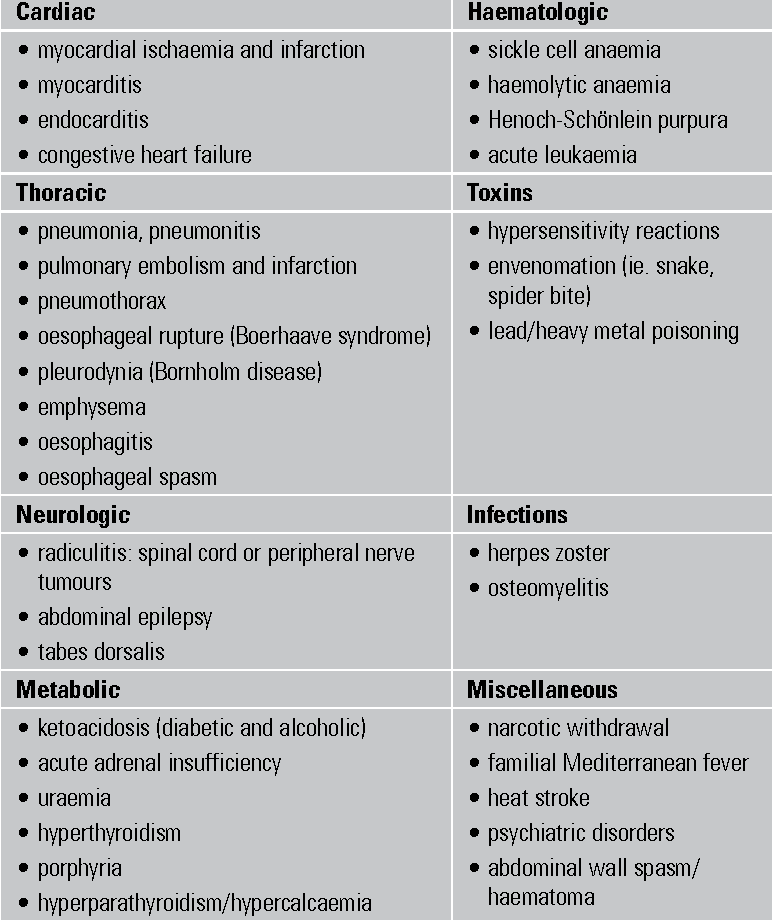There are many different causes of abdominal pain, and treatment is based on the individual patient’s condition. Symptoms can range from sudden, stabbing pains to a constant dull ache. Sometimes, mild abdominal pain is an early warning sign of a serious underlying condition. Healthcare providers often monitor patients for this condition. However, abdominal aching is subjective in nature, and the intensity of the pain will depend on the patient’s description.
Abdominal pain is a very common complaint, and it can come from many different causes. Conditions that cause abdominal pain include ulcers, gallstones, and infections. Symptoms may be consistent, and they may get better or worse with change in posture. Some people experience constant aching in the stomach after coughing, which makes treatment difficult. Occasionally, people can experience appendicitis, which is a serious condition that requires hospital treatment.
There are many reasons why an individual experiences abdominal pain, and some cases can be self-resolved. Some types of abdominal pain can be treated at home with over-the-counter remedies, while others may require medical attention. The exact symptoms of each condition will depend on what is causing the discomfort. In general, however, it’s a good idea to see your doctor if the pain persists for more than a few hours or is accompanied by other signs of a more serious problem.
Depending on the cause, abdominal pain can be managed by using over-the-counter remedies. For more information, read individual condition leaflets. If you recognise the symptoms, it’s best to see a doctor, either your personal GP or an on-call GP. medicul.com: If you’re suffering from an abdominal ache, you should consult a physician as soon as possible. You should consult a specialist for a diagnosis.
Abdominal pain can be mild or severe, and it can occur in various areas of the body. It can occur in the entire abdominal region, or a small part of the belly. Inflammation, gallstones, or peptic ulcer are just a few of the causes of abdominal pain. Some causes of abdominal ache are not treatable, or only require a few over-the-counter medicines. In this case, a visit to a specialist is essential.
When abdominal pain is caused by a specific organ, it may be a sign of a more serious underlying condition. It can be caused by an infection, a stomach virus, or a food allergy. If you’re experiencing recurring abdominal pain, it could be a symptom of another condition. Symptoms of abdominal pain can vary in location. Ultimately, pain is related to the area of the body that causes it.

If you are experiencing abdominal pain, it is important to seek medical attention as soon as possible. Symptoms may be acute or chronic and reflect a more serious underlying disorder in the abdomen. If symptoms persist for more than three months, a doctor should be consulted. In some cases, the pain may be caused by a symptom of another ailment. Site https://indonesiabch.or.id/
says that in this case, the pain may indicate a blockage in the bile ducts or blockage of blood flow to the colon.
Abdominal pain is of different types. It may be localized, colicky, or generalized. Often this is associated with a specific organ or symptom. The most common cause is a stomach ulcer. Cramping pains in the abdomen are associated with constipation or diarrhea. It can also be a sign of gallstones. These symptoms are often difficult to identify, but if you are in severe pain, you should see your doctor as soon as possible.
In addition to being acute, abdominal pain can be chronic and minor. It may also indicate an underlying abdominal disease. Your doctor will be able to determine the cause and the best treatment for your pain. A doctor’s consultation is recommended if the pain persists after three months. It is important for you to find the right treatment for your pain, especially if it is persistent. You can make an appointment with your doctor through your GP or the GP on call to make sure you get the best treatment.
If your pain is general, it is likely that you have an infection or a problem with your digestive system. Inflammation of the intestine can be infectious and non-infectious. Often this inflammation is caused by a disease of the gastrointestinal tract. The doctor will need to perform blood tests to determine if the pain is caused by the gastrointestinal tract or an underlying problem. If it is related to a specific organ, surgery may be required.
